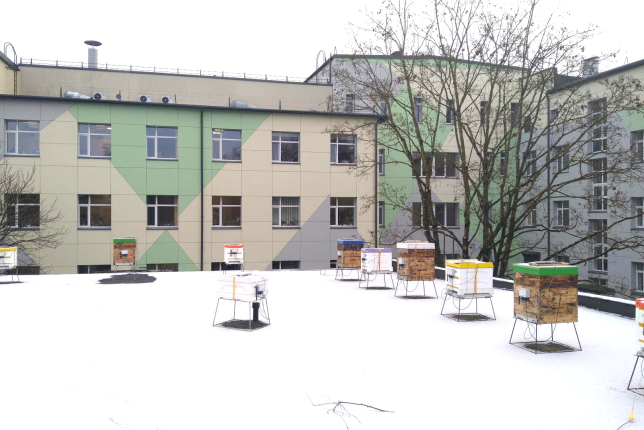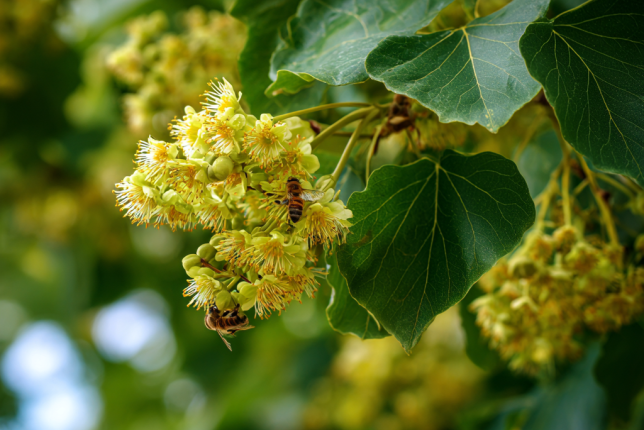Development of a method for beehive shielding using thermoreflective surfaces to reduce bee losses under rapid climate change
Project description
This project aims to enhance honeybees' adaptability to changing climate conditions and mitigate winter colony losses through two primary interventions: shielding the inner walls of beehives with thermoreflective materials and developing a new composite material for constructing beehives. Firstly, the shielding is designed to stabilise internal hive temperatures during rapid temperature fluctuations, thereby enhancing bee overwintering prospects. An experimental apiary of 36 bee colonies will be established on the rooftop of the Latvian State Institute of Wood Chemistry. All beehives will be outfitted with real-time sensors to record hive weight, internal temperature and humidity, and external environmental conditions over three years. This extensive dataset will enable comprehensive research and analysis of the impact of shielding on bee viability.
Secondly, the project will develop a novel beehive material by combining polyurethane with natural fibre composites. This innovative material aims to merge the robust qualities of wooden hives with the lightness and superior thermal insulation of expanded polystyrene hives. The developed composite will undergo rigorous evaluation of its heat capacity, thermal conductivity, and mechanical strength, followed by its application in a test beehive. By addressing critical environmental stressors through material science and thermal management, this project endeavours to improve honeybee survival rates, alleviating financial pressures on beekeepers and supporting the broader agricultural sector.
Call and Activity: Intervention (measure) LA 16 – ‘Support for the implementation of European Innovation Partnership (EIP) Operational Group projects’ under the European Agricultural Fund for Rural Development and the Common Agricultural Policy Strategic Plan 2023–2027, activity: ‘EIP Operational Group project at the sectoral level’.
Planned total duration of the project– 36 months
Project partners
- Leading partner - Latvian State Institute of Wood Chemistry
- SIA Salix
- SIA RS Bite



